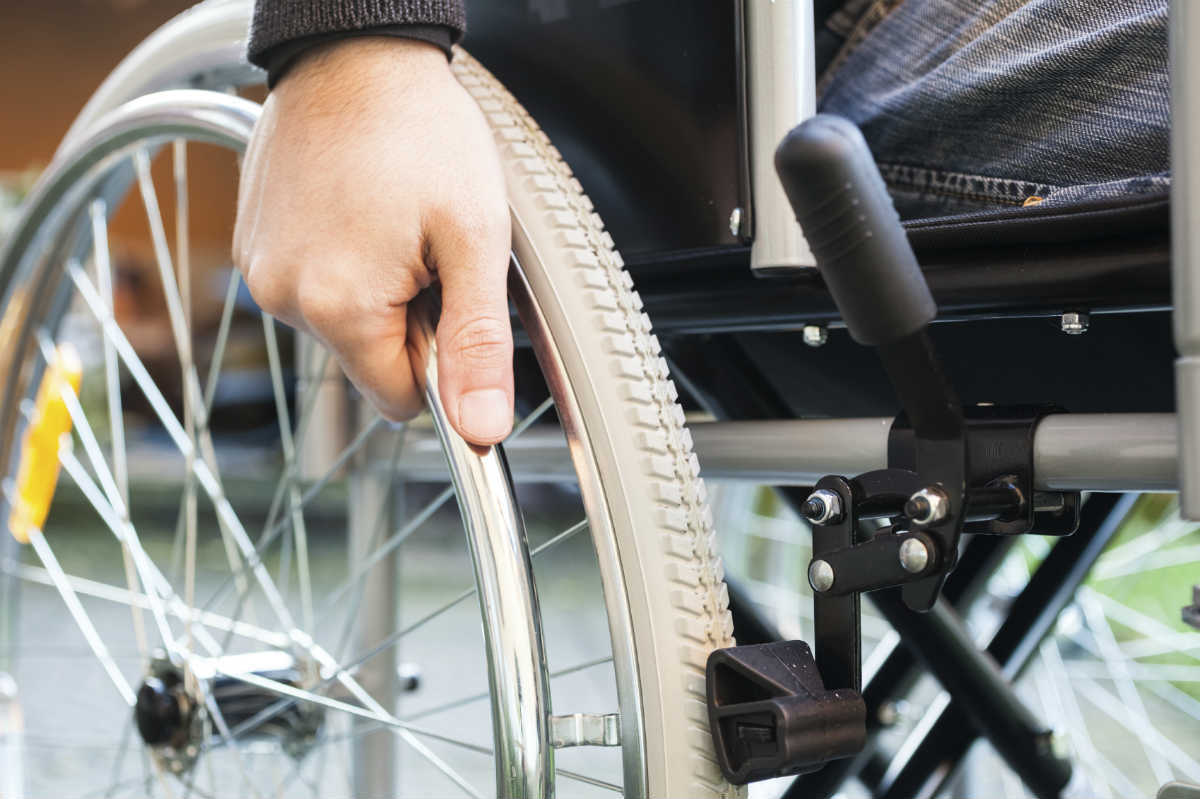Amputations have a tremendous impact on the life of the accident victim – physically, emotionally, and financially.

It is an employer’s responsibility to ensure the safety of all his or her workers. Depending on the nature of the work, an employer may need to provide safety equipment or training to the employees in order to help them avoid accidents or to reduce the severity of possible damages and injuries should an accident occur. For example, if the work requires handling mechanical tools or moving machinery, an employer needs to make sure all workers use helmets or safety gloves to avoid fatal injuries, such as amputations. If an employee loses a hand or a leg due to a workplace accident, he or she is entitled to workers’ compensation benefits.
Reducing the Risk of Workplace Amputations
Precautions should be taken to avoid or reduce the risk of workplace injuries that may result in amputations. Some work environments or factory tools are more likely to result in amputations. Examples include meat cutting devices, meat grinders, drill presses, rolling machines, and milling machines. Employers should arrange training programs to train the workers on how to safely handle these deadly machines.
Working with Machinery
Construction workers face a high risk of on-the-job injuries; even more so when using construction tools like forklifts, hand-powered, or non-powered tools. Even regular maintenance tasks such as threading and cleaning these machines could be dangerous.
It is important for workers to identify the part of the machine most likely to cause serious accidents. In general, the most dangerous part of a machine is its point of operation. Moving blades, flywheels, pulleys, gears, and belts could cause serious injuries to the operator. In some cases, these injuries may result in loss of limbs. Hands, legs, or fingers of a worker may strike with moving components of the machine, resulting in amputations.
Safety Standards and Guidelines for Employers
The Occupational Safety and Health Administration is responsible for enforcing safety standards and guidelines for employers and monitoring whether those guidelines are being implemented in a proper way. Employers need to comply with the regulations for different machines. The specific guidelines for various machines and tools are listed on the OSHA’s website. Minor workers should not be allowed to use certain types of tools or machines. Under the Fair Labor Standards Act, some jobs are prohibited for workers ages 18 or younger. Employers should have knowledge of these rules, regulations, and laws.
Work Related Amputations
To learn more about your rights under the workers’ compensation system, contact a Missouri workers’ compensation attorney from The Law Office of James M. Hoffmann. Call us at (314) 361-4300 for a free consultation.
